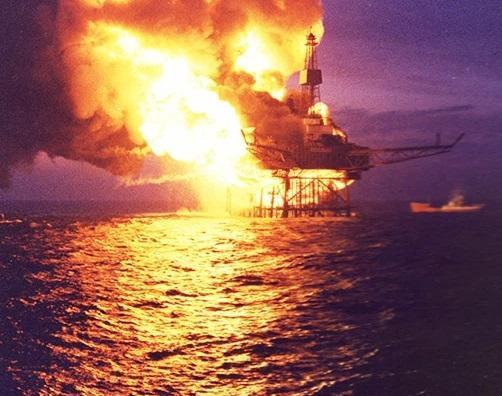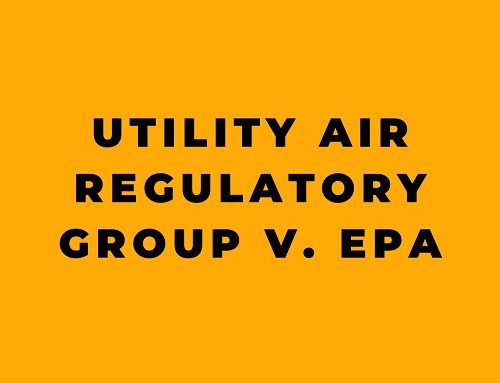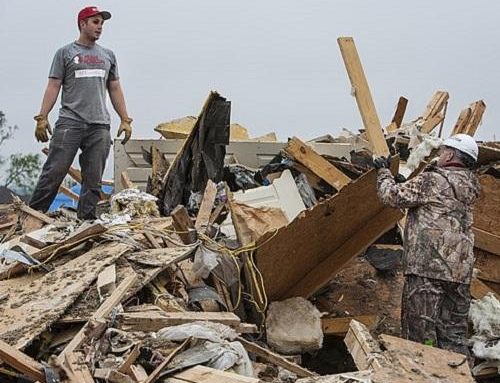The Piper Alpha oil platform disaster of 1988 was one of the worst offshore oil disasters in the history of the petroleum industry. The disaster occurred on July 6, 1988, in the North Sea, off the coast of Scotland, and claimed the lives of 167 workers. The tragedy remains one of the most significant events in the history of the petroleum industry and serves as a reminder of the dangers faced by workers in the offshore oil and gas industry.
Piper Alpha was an oil production platform that was operated by Occidental Petroleum. On the evening of July 6, 1988, a series of explosions and fires broke out on the platform, killing many of the workers and injuring others. The cause of the disaster was later determined to be a gas leak that had ignited, likely due to a failure in the platform’s safety systems.
The response to the disaster was immediate, with rescue teams and boats rushing to the platform to assist in the search and rescue efforts. However, the conditions on the platform were treacherous, with the fires having spread quickly and the risk of further explosions hindering the rescue efforts. Despite the efforts of the rescuers, many of the workers remained on the platform and were unable to escape, and the final death toll was reported to be 167 men.
The Piper Alpha disaster had a profound impact on the offshore oil and gas industry, leading to increased scrutiny of safety practices and the introduction of new safety regulations. The disaster also highlighted the inadequate safety regulations in place at the time, leading to a public outcry and calls for reform.
In the aftermath of the disaster, a number of inquiries were held to determine the cause of the explosions and fires and to make recommendations for improving safety in offshore oil and gas operations. The inquiries found that the primary cause of the disaster was a failure in the platform’s safety systems, which had not been adequately maintained or monitored. They also found that the platform had inadequate fire-fighting systems, and that the rescuers had not been adequately trained to deal with such a disaster.
The Piper Alpha disaster resulted in significant changes to the offshore oil and gas industry. New safety regulations were introduced, including improved safety systems, the mandatory use of safety equipment, and increased training for workers and rescuers. These changes helped to prevent similar disasters in the future and to improve the working conditions for workers in the offshore oil and gas industry.
The Piper Alpha disaster also had a lasting impact on the local community in Scotland. The loss of so many lives in a single disaster was devastating, and many families were left without a breadwinner. The tragedy brought the community together, however, and helped to raise awareness of the importance of workplace safety.
In conclusion, the Piper Alpha oil platform disaster of 1988 was a tragedy that claimed the lives of 167 workers and had a profound impact on the offshore oil and gas industry. The disaster serves as a reminder of the dangers faced by workers in the industry and the importance of workplace safety. The reforms that were introduced in the aftermath of the disaster helped to improve the working conditions for workers and to prevent similar tragedies from occurring in the future.










